Internal Control through Point of Sale (POS) Systems
Running a restaurant business comes with long list of challenges. We regularly get restaurant owners asking us how would installing a POS system would help their business, but they do not want the usual answer of streamlining operations or keeping records of sales. They are more interested in understanding how a POS system would help them with internal control, specifically keeping record of inventories and ensuring that all sales transactions are in fact recorded. If you are one of these restaurant Bahrain owners, please read on.
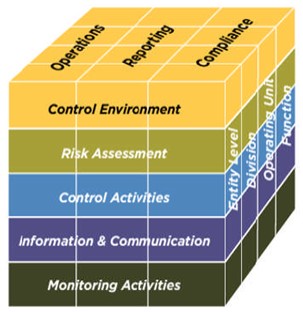
Coso cube
Internal control is an important factor in running any business. Segregation of duties and physical stock counts are cornerstones of internal control policies. However, with a restaurant, it is a bit more difficult to implement such internal control policies for a simple reason, cooking is an art, not a science. It would be challenging if not impossible to measure exactly how much of each ingredient was used to prepare a dish. While you might start with a recipe, the final dish might need a bit more salt or a little less sugar than what was initially anticipated. So how would a POS system adapt to these variations?
Well, it is not simple. Loading the recipes into the POS system is a first step, however, it is usually an iterative process. During the first few months of installing a restaurant POS system, inventory depletion will have to be monitored closely. It is not unusual to find that there are huge variations between the recipe and the actual consumption. The recipes in the POS system will have to be updated regularly during the first few months to better reflect actual consumption. Even when that is done, however, you should still expect some variations between actual and planned consumption. The idea is to minimize these variations to an acceptable sustainable range.
Once the recipe is locked, it would be easier to track variations in consumption. The POS system Bahrain will calculate the quantities that should be available in the raw materials inventory by deducting the amounts required to prepare each dish that is ordered from the opening inventory. Physical stock counts will still have to be conducted on a regular basis to ensure that all variations are accounted for. If any abnormal variations are noticed, an investigation can be carried out to identify the root cause.
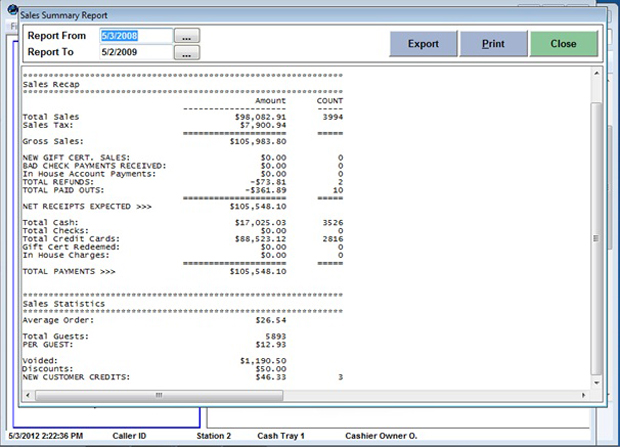
Perhaps the most challenging aspect of maintaining such a system is accounting for new inventories that are purchased. Reports from the POS Bahrain system will be useless if the data is not accurate. Entering purchases into the system is usually an activity that is overlooked with the hustle and bustle of the day-to-day operations of a restaurant.
With a properly configured system, restaurant owners usually report an increase in profits of about 30%. This increase in profits can be attributed to a variety of reasons. The fact that a POS system exists, in itself, is reason enough for employees to become more conscious about their actions. Kitchen staff will become more careful with the use of ingredients and perhaps become less generous than they previously were. Waiters and cashiers will become more careful when taking and punching in orders because they now know that if they make a mistake, it will all be recorded in the POS system under their name.
At H.A. Consultancies, we take pride in the fact that we are able to help businesses reach their full potential by employing technology that best suites them. There are a variety of POS Bahrain systems available in the market, each with its own set of pros and cons. H.A. Consultancies is a partner with some of the world leading POS system software and hardware providers such as Aldelo Bahrain, Xera POS Bahrain, PixelPoint Bahrain, POSbank Bahrain, and FEC Bahrain. If you are not sure which system is the best match for you, it would be our pleasure to help.

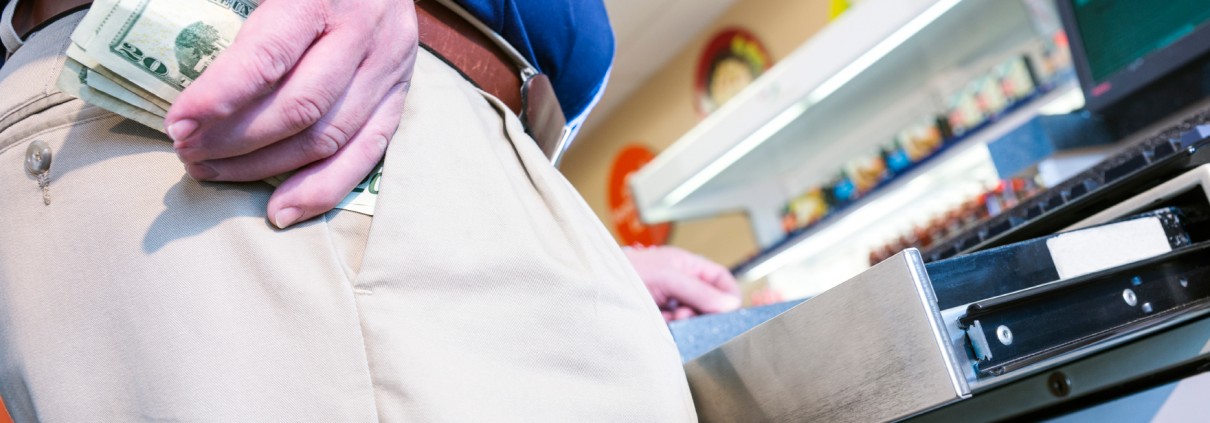


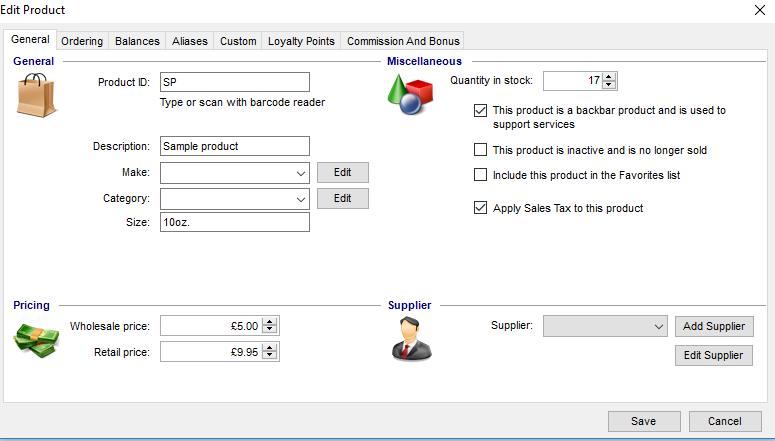
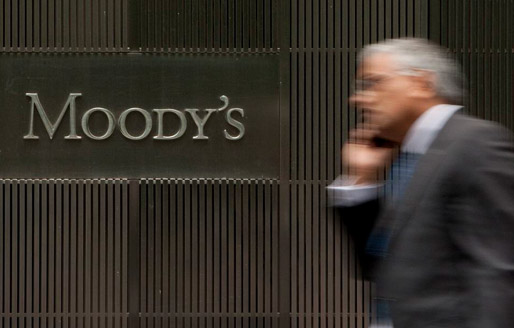
Leave a Reply
Want to join the discussion?Feel free to contribute!